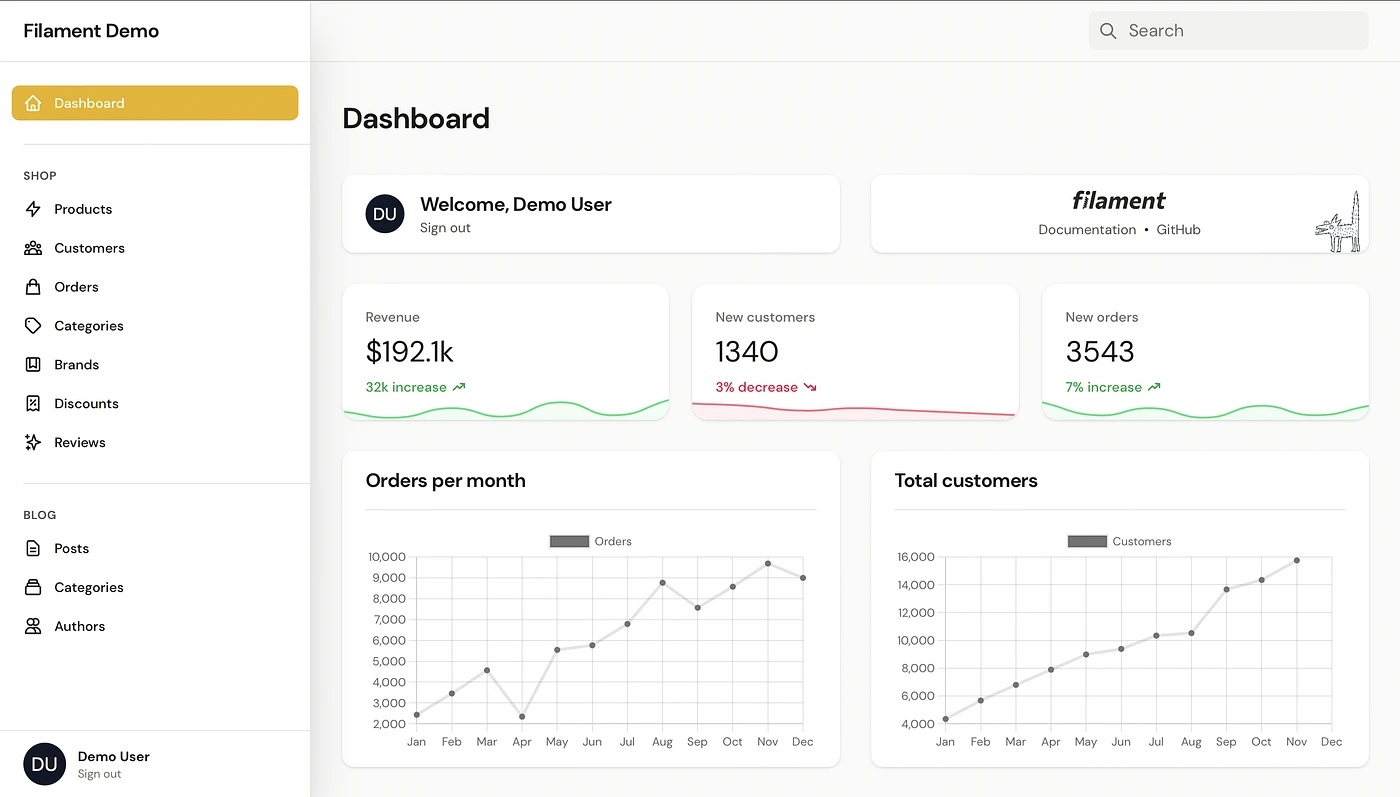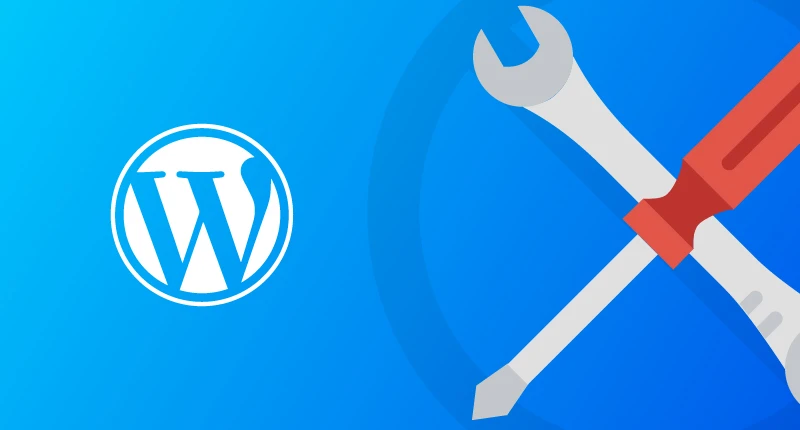Navigating the Web Development Landscape: Laravel vs. WordPress vs. Other

In the dynamic realm of web development, selecting the right technology stack for your project is crucial for its success. Two prominent contenders in this arena are Laravel, a popular PHP framework, and WordPress, a widely used content management system (CMS). While both platforms offer distinct advantages, their suitability hinges on the specific requirements of your project.
An Overview Comparison of Laravel and WordPress
WordPress: The All-Rounder
WordPress reigns supreme in the CMS domain, powering over 60% of websites worldwide. Its user-friendly interface and vast ecosystem of plugins and themes make it an ideal choice for beginners and small businesses seeking a straightforward website building solution. WordPress excels in managing content, enabling users to effortlessly create and edit web pages, blog posts, and other online content.
Laravel: Powerhouse for Complex Web Applications
Laravel, on the other hand, shines as a robust PHP framework for crafting sophisticated web applications. Developers favor its elegant syntax, extensive documentation, and active community for its ability to handle complex projects with efficiency and scalability. Laravel's feature-rich architecture facilitates seamless integration with databases, user authentication, and other essential web development components.
Market Share: A Glimpse into the Landscape
As of October 2023, WordPress holds a commanding 62.6% market share among CMS platforms, asserting its dominance in the website building realm. Laravel, on the other hand, maintains a notable 1.9% share among PHP-based websites, demonstrating its growing popularity in the development community.
Additional Factors to Consider
Beyond market share, several factors influence the choice between WordPress and Laravel:
Project Complexity: For simple websites and blogs, WordPress's ease of use and extensive CMS features make it a suitable choice. However, for complex web applications requiring custom functionalities and scalability, Laravel's robust framework provides greater flexibility and control.
Developer Expertise: WordPress's drag-and-drop interface and extensive plugins cater to users with limited coding knowledge. Laravel, however, demands proficiency in PHP and web development principles.
Long-Term Goals: WordPress's vast community and extensive support network make it a reliable choice for long-term website maintenance. Laravel's continuous updates and evolving features ensure its relevance in the ever-changing web development landscape.
Performance and Security: Both WordPress and Laravel offer solid performance and security features. WordPress's large user base makes it a target for cyberattacks, necessitating regular security updates and plugin maintenance. Laravel's inherent security measures and well-documented practices minimize vulnerabilities.
Conclusion: Selecting the Right Fit
In the end, the choice between WordPress and Laravel hinges on the specific needs and aspirations of your project. WordPress caters to those seeking a user-friendly CMS for simple websites and blogs, while Laravel empowers developers to build complex, scalable web applications. By carefully considering project complexity, developer expertise, long-term goals, and performance/security requirements, you can make an informed decision that aligns with your project's success.
Additional Resources:
WordPress Official Website: https://wordpress.org/ Laravel Official Website: https://laravel.com/ PHP Official Website: https://www.php.net/








